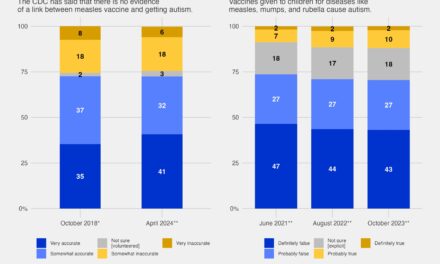As urbanization continues to lure young individuals seeking opportunities and connectivity, a groundbreaking study has pinpointed critical characteristics essential for supporting the mental health of young urban dwellers. Published in Nature, the study’s findings offer invaluable insights for city planners aiming to construct environments that are conducive to the well-being of youth, emphasizing safety, equity, and inclusivity.
Led by Pamela Collins, MD, MPH, chair of the Department of Mental Health at the Johns Hopkins Bloomberg School of Public Health, the research engaged a diverse panel comprising adolescents, young adults, and experts from various fields. The study, conducted in collaboration with citiesRISE, a global nonprofit focused on transforming mental health policies, sought to identify urban attributes that could enhance youth mental health.
Drawing responses from over 400 participants across 53 countries, including 327 young individuals aged 14 to 25, the study identified six key characteristics prioritized by the panel: opportunities for life skill development, age-friendly environments valuing young people’s emotions and values, access to free and secure public spaces fostering connections, employment security, interventions addressing social determinants of health, and urban design reflecting youth input and priorities.
Urban environments exert a profound influence on health outcomes, with mental disorders ranking as the leading cause of disability among young individuals globally. The study underscores the urgent need to address urban challenges such as inequality, violence, and insufficient green spaces, which disproportionately affect marginalized groups and amplify mental health risks among urban youth.
Collins emphasizes, “Investing in young people is an investment in their present well-being and future potential, and it’s an investment in the next generation — the children they will bear.” The study, conducted amidst the COVID-19 pandemic, highlighted the pandemic’s exacerbation of urban inequalities and its impact on youth mental health.
The findings underscore the necessity of a comprehensive approach to urban planning, spanning sectors such as transportation, housing, employment, and health, with a focus on social and economic equity. Crucially, the study emphasizes the importance of involving young people in the design and implementation of interventions affecting their mental health and well-being.
By prioritizing youth-focused mental health services, investing in spaces for social connection, and creating employment opportunities, cities can cultivate environments that nurture the mental health of young residents. The study’s framework serves as a vital resource for policymakers and urban planners striving to build vibrant, inclusive, and mentally healthy cities for future generations.












